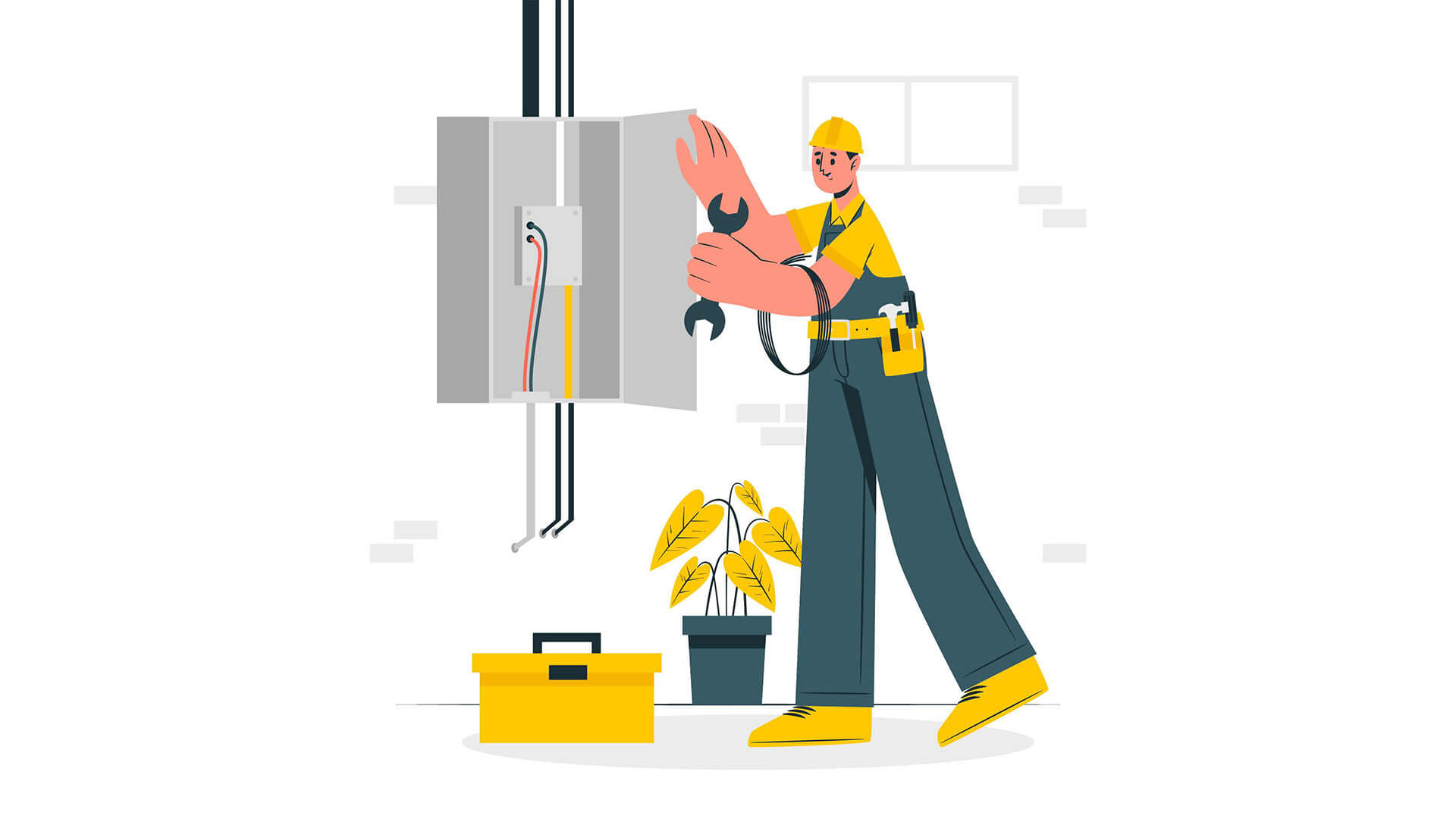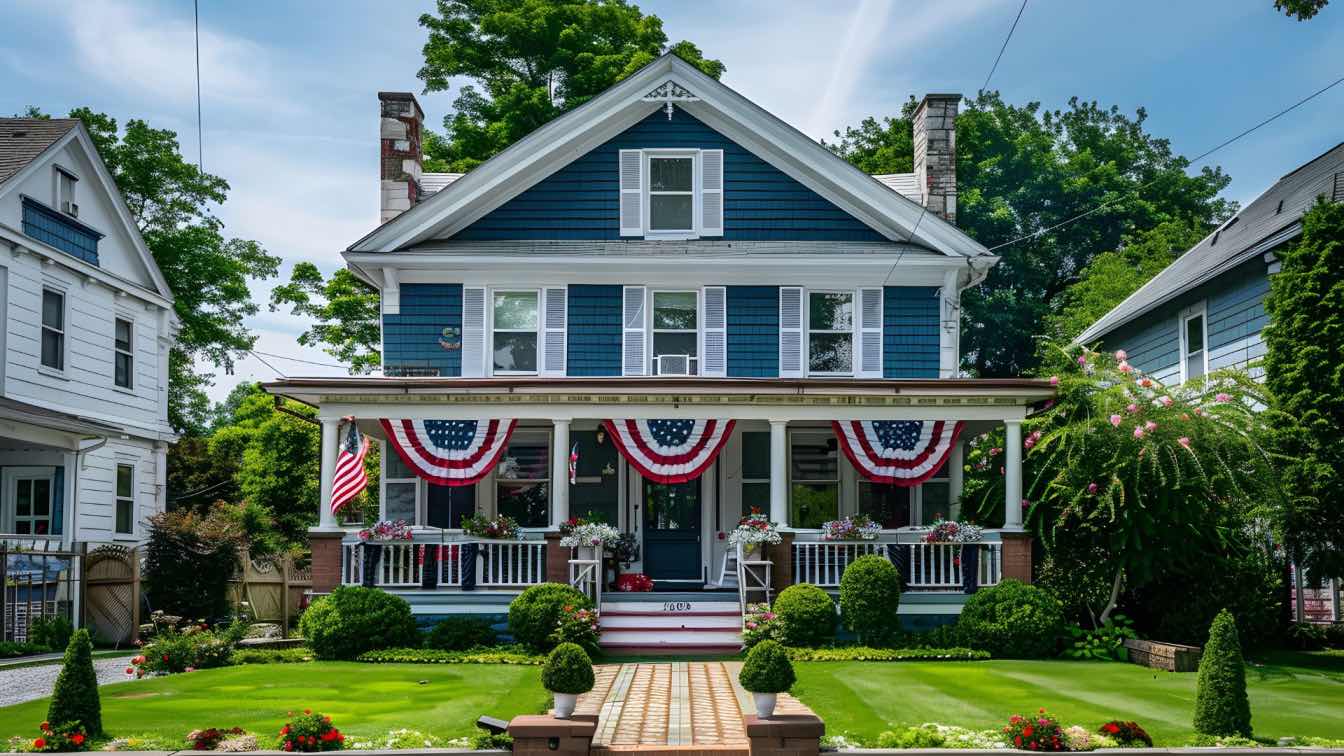As a homeowner, it is essential to have a basic understanding of electrical installations. Electrical systems power our homes, providing us with the comfort and convenience we rely on daily. However, without proper knowledge and awareness, electrical installations can pose serious hazards. In this blog, we will explore the top things every homeowner should know about electrical installations to ensure safety and efficiency within their homes.
Safety First: Understanding Electrical Hazards
Electrical hazards are a common occurrence in homes. From faulty wiring to overloaded circuits, these hazards can lead to electrocution, fires, and property damage. As a homeowner, it is crucial to be aware of these hazards and take necessary precautions. Some common electrical hazards include exposed wires, water near electrical outlets, and outdated electrical systems. By being mindful of these dangers and implementing safety measures like using surge protectors and keeping electrical cords away from water sources, homeowners can significantly reduce the risk of accidents.
Know Your Electrical Panel
The electrical panel is the heart of your home's electrical system. Understanding its purpose and functionality is important for every homeowner. The electrical panel houses circuit breakers or fuses that control the flow of electricity throughout the house. It is essential to familiarize yourself with the different components of the panel and know how to safely reset a tripped circuit breaker. This knowledge can help you troubleshoot minor electrical issues and avoid unnecessary calls to electricians.
Basics of Electrical Wiring
Having a basic understanding of electrical wiring can be beneficial for homeowners. Different types of wiring are used in homes, such as copper and aluminum. It is crucial to know the appropriate wire gauge for specific applications to prevent overloading and electrical fires. Additionally, practicing safe wiring practices, such as avoiding the use of extension cords for permanent installations and ensuring proper insulation, can go a long way in maintaining a safe electrical system. Also, when it comes to understanding the basics of electrical wiring, it is important to consider the expertise of electricians based in Atlanta or your city. These professionals have the knowledge and experience to handle electrical installations and repairs. From installing electrical panels to wiring outdoor spaces and recessed lighting, electricians offer comprehensive services to homeowners.
They can guide homeowners on the appropriate wire gauge for specific applications, safe wiring practices, and troubleshooting common electrical problems. Whether it's updating aging wiring or performing routine maintenance, provide safety and accuracy in their electrical installation and wiring services. It is always recommended to consult licensed and certified professionals for any electrical work to ensure compliance with codes and regulations.
Grounding and Bonding
Proper grounding and bonding are essential to ensure electrical safety within your home. Grounding provides a safe path for electrical currents in case of a fault, while bonding ensures all metal components of the electrical system are connected to prevent electric shocks. Homeowners should be able to identify and troubleshoot grounding issues, such as outlets not properly grounded or grounding wires damaged during renovations. For more complex grounding and bonding problems, it is recommended to hire a professional electrician to perform inspections and repairs.
Electrical Codes and Permits
Electrical codes and regulations exist to ensure the safety and compliance of electrical installations. Homeowners should familiarize themselves with these codes to ensure that any electrical work performed in their homes meets the required standards. Obtaining permits for electrical work is also important, as it ensures that the work is inspected and approved by the local authorities. Hiring licensed electricians for electrical projects guarantees compliance with codes and reduces the risk of faulty installations.
Energy Efficiency and Conservation
In today's world, energy efficiency is a crucial aspect of homeownership. By adopting energy-efficient practices, homeowners can reduce their energy consumption and lower utility bills. Simple actions like using LED light bulbs, installing programmable thermostats, and properly insulating the house can make a significant difference. Additionally, upgrading to energy-efficient appliances and exploring smart home technology can further enhance energy conservation efforts.
Troubleshooting Common Electrical Problems
Understanding how to troubleshoot common electrical problems can save homeowners time and money. Issues like flickering lights, frequent circuit breaker trips, and outlets not working can often be resolved without professional intervention. However, it is important to know when to call a professional electrician if the problem persists or if you feel uncomfortable handling electrical repairs on your own.
Maintenance and Upkeep
Regular maintenance is crucial for the longevity and safety of electrical systems. Homeowners should perform routine tasks such as inspecting electrical cords for damage, checking for loose outlets or switches, and cleaning dust from electrical panels. It is also important to be aware of signs that indicate the need for professional inspection, such as burning smells, buzzing sounds, or frequently blown fuses. Regular maintenance and prompt repairs can prevent major electrical issues and ensure a safe home environment.
Understanding the basics of electrical installations is essential for every homeowner. By being aware of electrical hazards, knowing your electrical panel, practicing safe wiring, understanding grounding and bonding, complying with electrical codes, prioritizing energy efficiency, troubleshooting common problems, and performing regular maintenance, you can create a safe and efficient electrical system in your home. Remember, when in doubt, always consult a licensed electrician to ensure the safety and compliance of your electrical installations.





